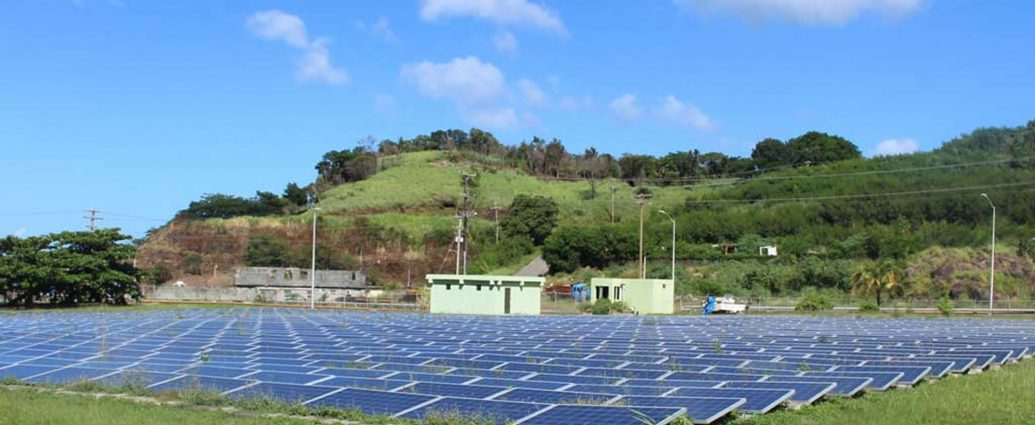On May 13th Microgrid Knowledge hosted “How to Get More out of Microgrids: Overcoming the Challenges” as part of their month-long Microgrid Conference. The session featured industry experts Scott Kessler, Head of Microgrid Strategy at Siemens, Scott Manson, Technology Director at SEL, Keith Thomson, Co-Founder and Facilitator at AVL Critical Services Microgrid Group, and Karim El Alami, Managing Director at Elum Energy. Led by Samantha Reifer, Director at Scale Microgrid Solutions, panelists were prompted to explain their perspectives on major challenges preventing communities from fully relying on microgrids, and how to navigate and manage these issues.
Initially, Scott Kelser explains the barriers associated with the early stages of microgrid projects. Most customers tend to have little knowledge on microcontroller management and are more focused on cost rather than what they want from the system. Successful microgrid installations require thoughtfully designed business models incorporating functionality, sizing, controls, resiliency, and sustainability, along with financial matters. Contrary to popular belief, a microgrid is not a one size fits all module or singular product, but instead a collection of assets that requires much more planning, purpose, and goal orientation. Kelser explains that these features are contributing to the stunted growth within the microgrid market but can be altered by guiding the customer and molding the assets to their energy goals.
Keith Thompson elaborated on the technology barriers microgrid systems present, including a lack of perfectly programmed control and protection centers. Issues with inverters, short circuit events, property coordination, and overall intelligence are compromising the integrity of microgrids. It is essential to ensure the system is predictable and reliable, otherwise one of the essential promises of microgrids is removed from the equation. Becoming more knowledgeable on the specification and efficiency end of the initial engineering will help keep fragility to a minimum.
Karim El Alami elaborates further on consumer ends needing to have an idea of what they need and expect from their microgrid. He explains that microgrids are not “magic boxes”, but instead a complex network that requires planning and maintenance. Planning could involve conducting research on the individual system elements (whether it be CNI, solar penetration, etc.), holding training for stakeholders on the financial aspects of microgrid scalability, and standardizing microgrid patterns and procedures.
Scott Manson focuses more on the social barriers for microgrid development. Many who have invested in energy generation systems in the past may be apprehensive about investing in a new system. They might have older equipment that still has “time left”, despite the process requiring exponentially more energy. Additionally, microgrid development is going to rely on the younger generations, in terms of inertia, technology development, financial barriers, energy awareness, and accommodation.
Microgrid Knowledge’s Conference will continue until June 3rd, 2021. Sign up for future sessions through this link.
–
–Madlen Anderson

